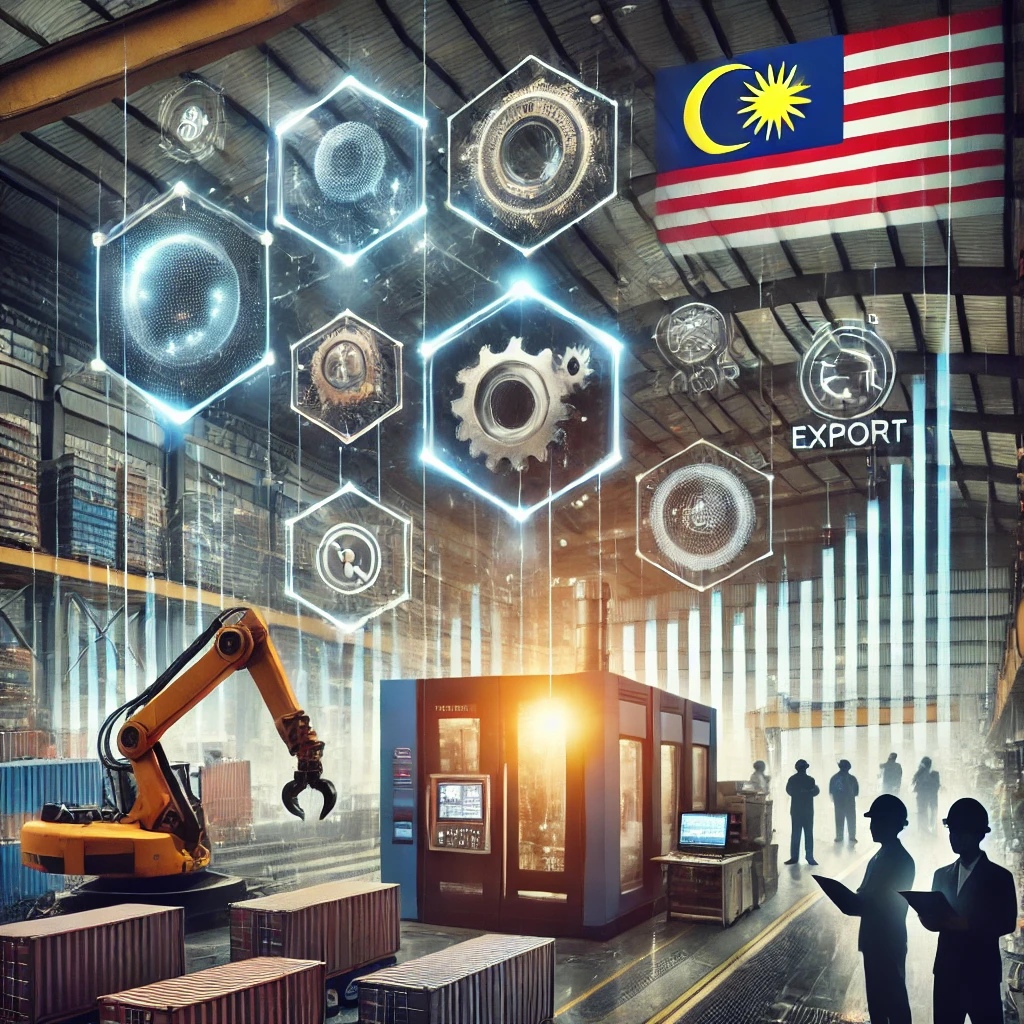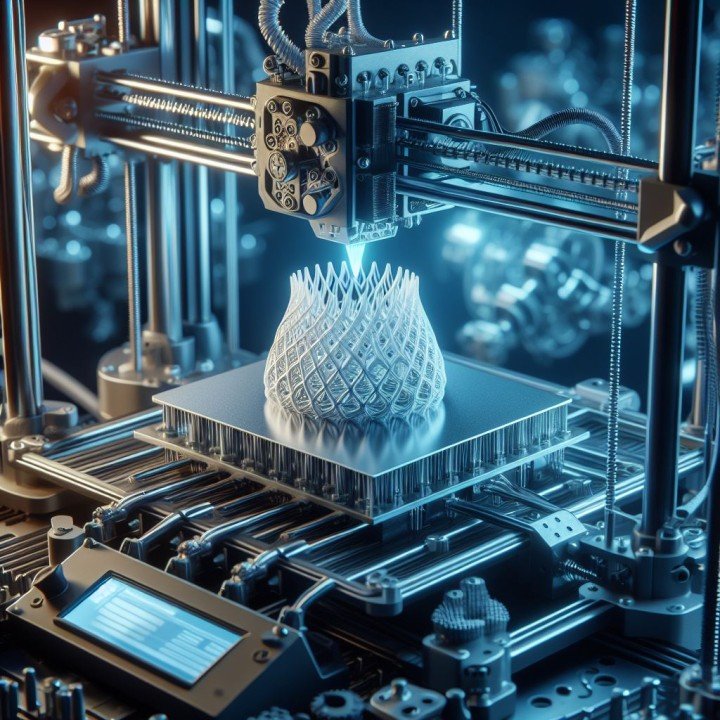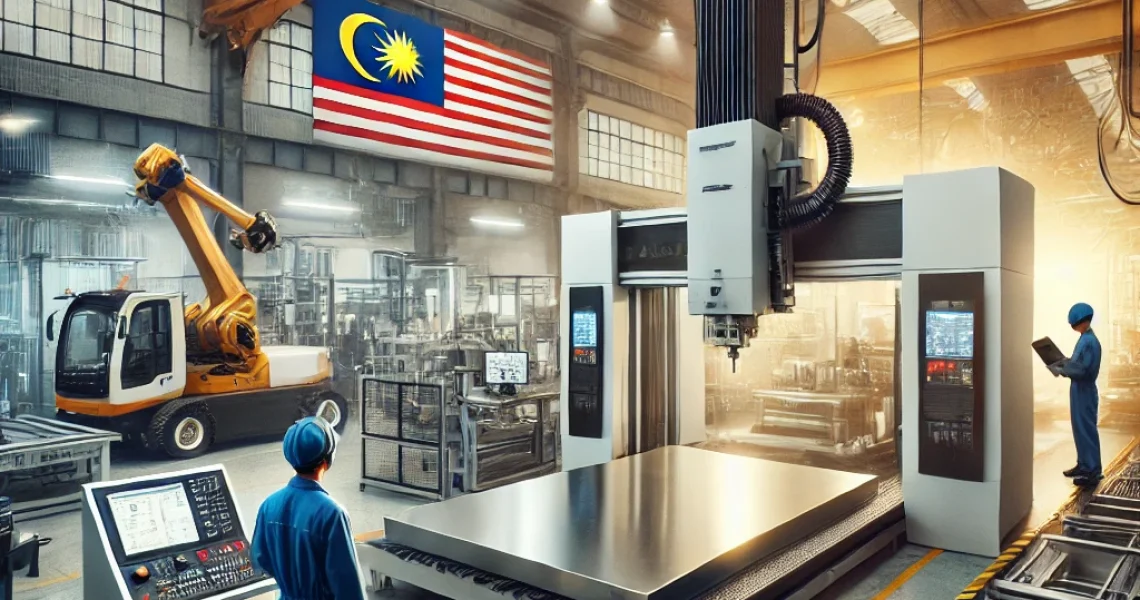1. Overview of Malaysia’s Metal Fabrication Industry
Malaysia’s metal fabrication industry has been steadily growing and diversifying over the past few decades. Initially catering to local and regional markets, it has since expanded its reach to become a reliable supplier to international clients, particularly in high-stakes industries that require superior quality and reliability. Today, Malaysia’s fabricators are sought after for their expertise in creating components that demand extreme accuracy, durability, and adherence to international standards.
The industry is diverse, comprising various processes such as cutting, welding, machining, and assembly, and serves a range of sectors. Some of the most prominent are:
- Automotive: Malaysia supplies parts for vehicles, including high-precision metal components essential to automotive safety and performance.
- Aerospace: With stringent requirements for precision, Malaysia’s fabricators produce aerospace components that meet exacting quality standards.
- Oil and Gas: Malaysian companies provide heavy-duty parts needed in oil and gas operations, known for their resilience and high tolerance to extreme environments.
- Construction: Fabricated metal products for construction include structural steel and customized fittings for infrastructure projects.

2. Key Factors Driving Growth in Malaysia’s Metal Fabrication Industry
Strategic Location and Trade Connections
Malaysia’s strategic location in Southeast Asia has long made it a convenient partner for international trade, bridging East and West. With access to key shipping routes, Malaysia can effectively serve clients across Asia, Europe, and North America. Additionally, Malaysia’s trade agreements and free trade zones enhance the country’s appeal to global clients by reducing costs and streamlining logistics.
Investment in Technology and Automation
To compete globally, Malaysian fabricators have invested heavily in modern technology. Many companies have adopted automation and advanced machinery, such as CNC (Computer Numerical Control) machining, laser cutting, and robotic welding. These technologies enable precision and repeatability in production, ensuring that each component meets exact specifications.
For example, CNC machines can cut metal with extreme accuracy, reducing errors and increasing production speed. This investment in technology not only enhances quality but also makes Malaysia’s metal fabrication industry more competitive in terms of cost and efficiency.
Highly Skilled Workforce
One of Malaysia’s key strengths is its skilled workforce, trained in modern fabrication techniques and quality management. With technical institutions and training programs geared towards manufacturing skills, Malaysia has cultivated a pool of talented professionals. This skilled labor force is adept at using high-tech machinery and interpreting detailed design specifications, making it possible to produce highly customized components with tight tolerances.
Commitment to Quality and International Standards
Quality is at the heart of Malaysia’s metal fabrication industry, and many manufacturers hold internationally recognized certifications like ISO 9001 (Quality Management) and ISO 14001 (Environmental Management). These certifications reassure clients that Malaysian fabricators adhere to high-quality standards and are committed to continuous improvement.

3. Technological Innovations Fueling Malaysia’s Metal Fabrication Industry
Automation and Smart Manufacturing
As Malaysia’s metal fabrication industry scales up, many companies are implementing automation and smart manufacturing practices. Through technologies like the Internet of Things (IoT), data analytics, and robotics, Malaysian fabricators are moving towards “smart factories” that allow for greater oversight and real-time monitoring of production.
Automation helps reduce labor costs and boosts production efficiency, enabling fabricators to produce larger volumes without sacrificing quality. In smart factories, data from each stage of the fabrication process can be analyzed to optimize workflows, reduce waste, and improve quality control.
3D Printing and Additive Manufacturing
3D printing, or additive manufacturing, is another emerging technology in Malaysia’s metal fabrication industry. It allows for the rapid production of complex parts with minimal waste, which is especially useful for prototyping and low-volume custom orders. While still a developing field, the adoption of 3D printing demonstrates Malaysia’s commitment to embracing new methods that can complement traditional metalworking techniques.
Advanced Material Handling and Precision Machining
Malaysia’s fabricators also use advanced material-handling systems and precision machining equipment. Automated material handling reduces the risk of damage and contamination, ensuring that materials remain pristine throughout the fabrication process. Precision machining enables Malaysian companies to create components with exceptionally tight tolerances, critical for industries like aerospace and automotive, where even minor deviations can impact performance.

4. Challenges Facing Malaysia’s Metal Fabrication Industry
While Malaysia’s metal fabrication industry is thriving, it also faces challenges that must be navigated to maintain its competitive edge.
Global Competition and Cost Pressures
Countries like China and India offer fierce competition in terms of pricing, as they benefit from lower labor costs and larger-scale operations. Malaysian companies must focus on differentiating themselves through quality, reliability, and added value. Cost pressures also push companies to innovate and adopt cost-saving technologies without compromising quality.
Sustainability and Environmental Regulations
As global clients place increasing emphasis on sustainability, Malaysia’s metal fabricators are under pressure to adopt environmentally friendly practices. This includes reducing waste, minimizing energy consumption, and managing emissions from manufacturing processes. Compliance with both local and international environmental regulations is essential for companies that want to attract eco-conscious clients.
Skill Shortages in Advanced Technology Fields
While Malaysia has a skilled labor force, there is an ongoing need for talent in advanced manufacturing technologies, particularly in areas like automation, IoT, and data analytics. Companies often need to invest in specialized training programs to upskill their workforce, ensuring that employees are equipped to handle cutting-edge machinery and smart manufacturing processes.
5. The Future of Malaysia’s Metal Fabrication Industry
The future of Malaysia’s metal fabrication industry is promising, with multiple growth opportunities driven by technological advancements, rising demand for high-quality fabricated components, and increased integration with global supply chains.
Expanding into High-Value Sectors
As Malaysia continues to establish itself as a quality-driven fabrication hub, there is significant potential for growth in high-value sectors like aerospace, medical devices, and renewable energy. Each of these sectors has strict quality requirements, which align well with Malaysia’s strengths in precision manufacturing and quality assurance.
Emphasis on Digitalization and Industry 4.0
Industry 4.0 technologies, including IoT, data analytics, and AI-driven systems, are transforming the metal fabrication industry worldwide. Malaysia’s fabricators are increasingly adopting these technologies to stay competitive and offer value-added services to their clients. For example, predictive maintenance powered by data analytics can help companies avoid costly downtime, while AI can assist in optimizing production lines.
Green Manufacturing Initiatives
With global emphasis on sustainable practices, Malaysia’s metal fabricators are investing in greener manufacturing processes. Renewable energy sources, waste minimization techniques, and closed-loop recycling systems are becoming common as companies strive to meet the environmental standards expected by international clients. Green manufacturing not only benefits the environment but also enhances Malaysia’s appeal to eco-conscious clients.
Conclusion
Malaysia’s metal fabrication industry has established itself as a reputable player in global markets, known for its commitment to precision, quality, and technological advancement. By embracing innovation, maintaining high-quality standards, and focusing on sectors with stringent requirements, Malaysia has carved out a unique niche in the fabrication world.
As the industry continues to evolve, Malaysia’s fabricators are well-positioned to capture new opportunities in high-value markets, driven by digitalization, sustainability, and a steadfast commitment to quality. For global clients seeking reliable and precise metal fabrication solutions, Malaysia stands as a trusted and forward-thinking partner.
At LUX Metal, we understand the importance of precision and excellence in metal fabrication. Our expert team and state-of-the-art facilities allow us to tackle even the most challenging projects with confidence. To learn more about our metal fabrication services, visit our website at LUX Metal.
References
For further reading, explore these resources to learn more about the benefits and applications of cold-formed steel in modern construction:

